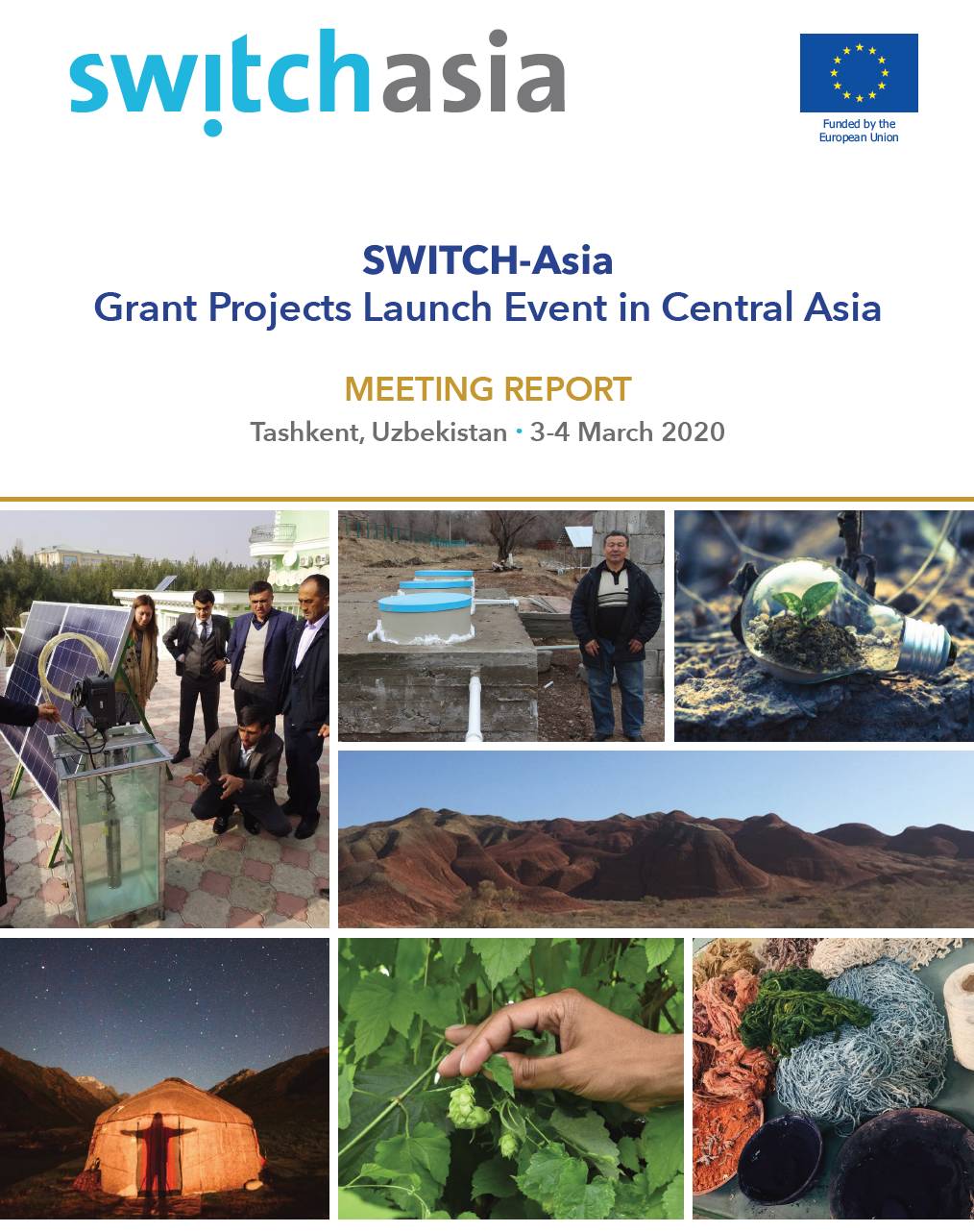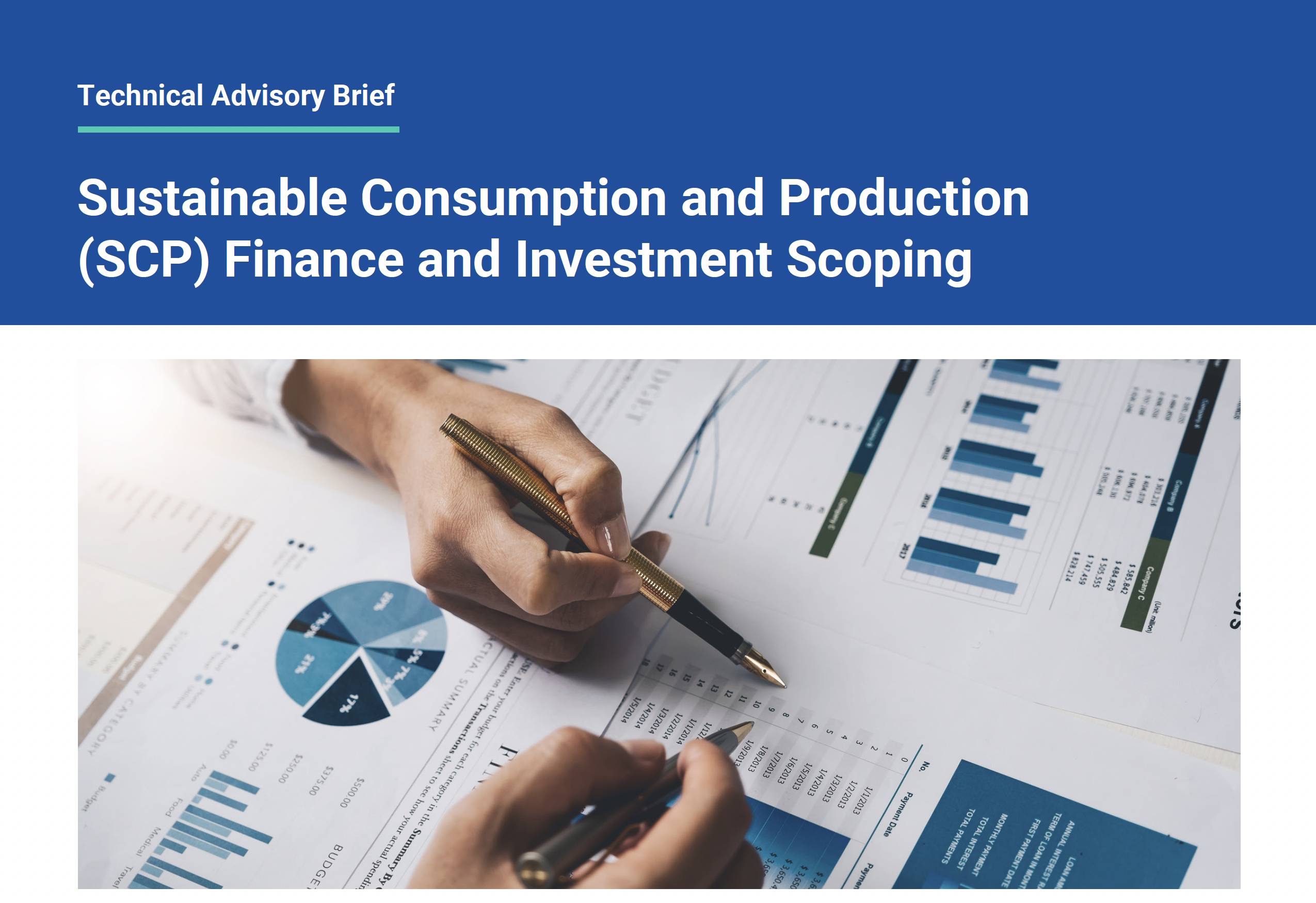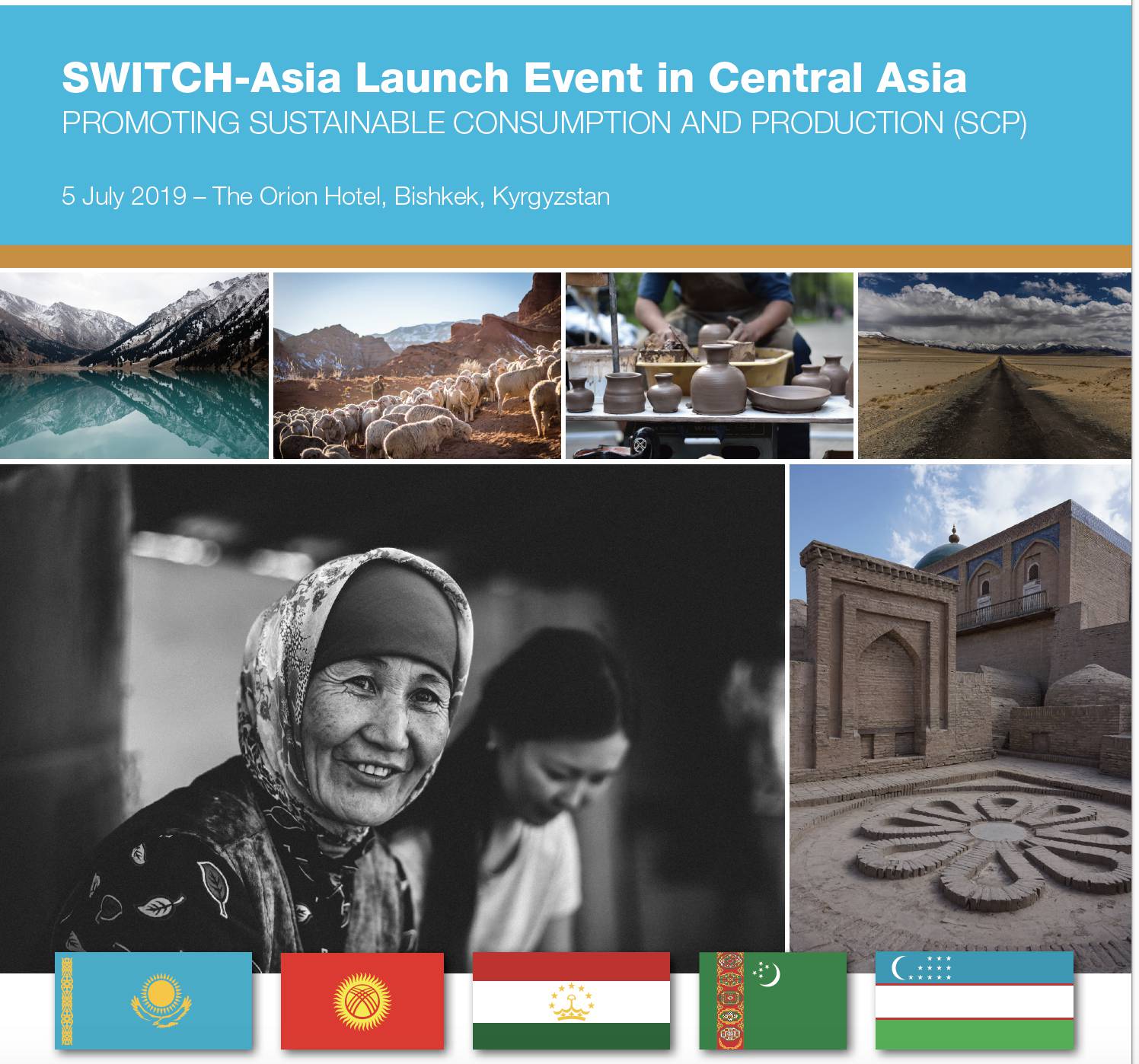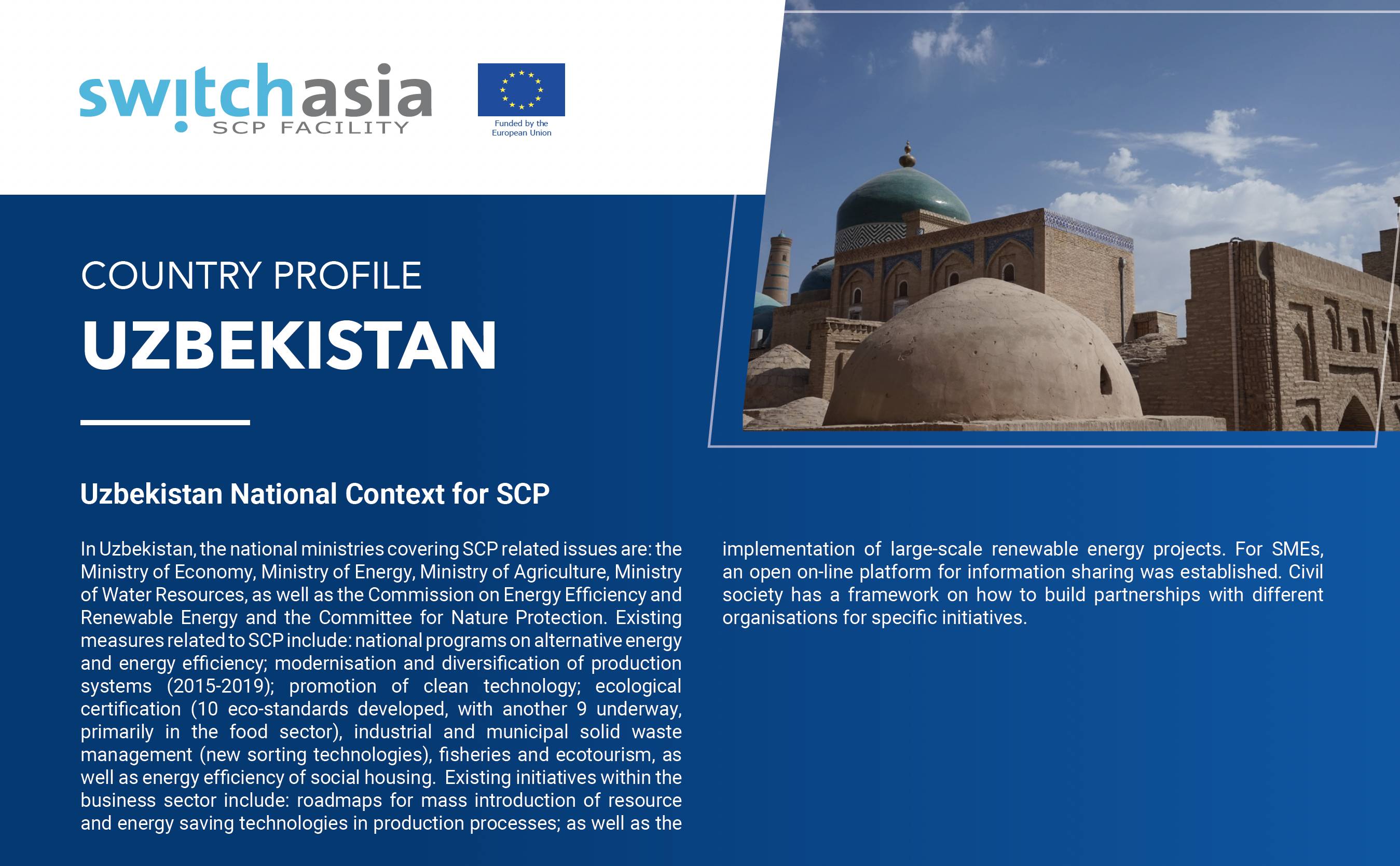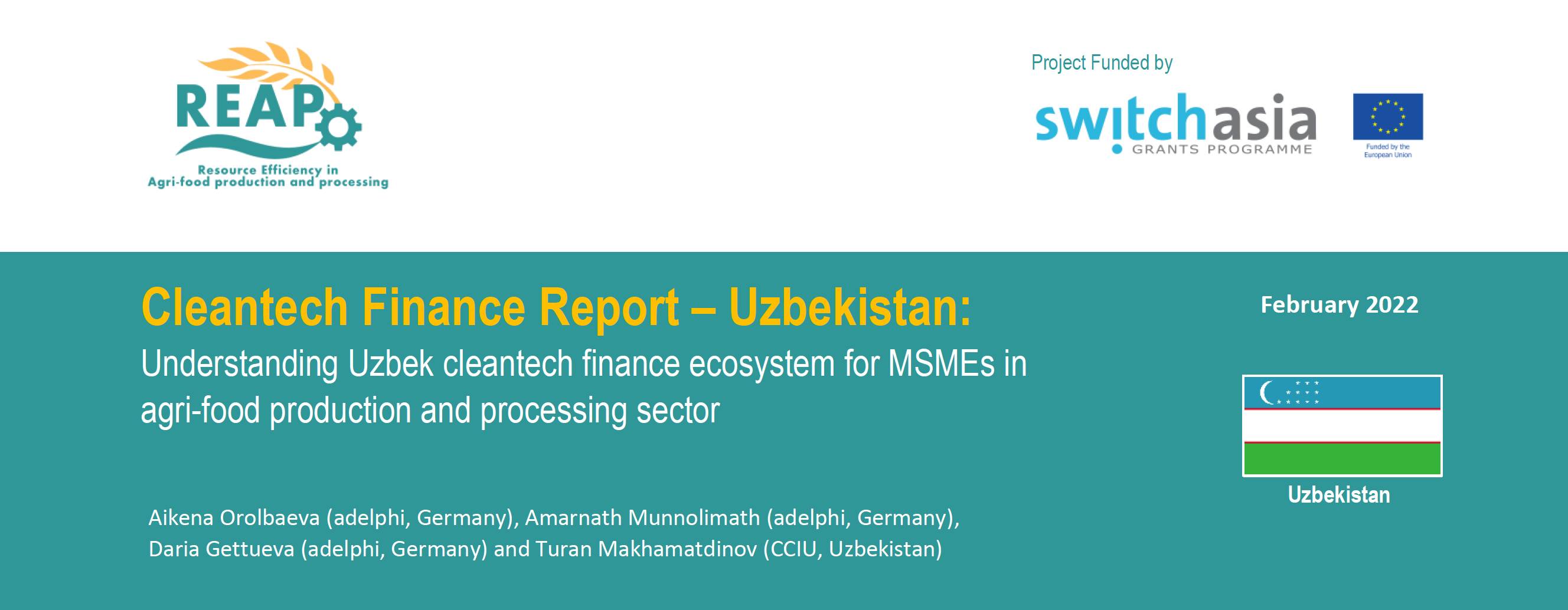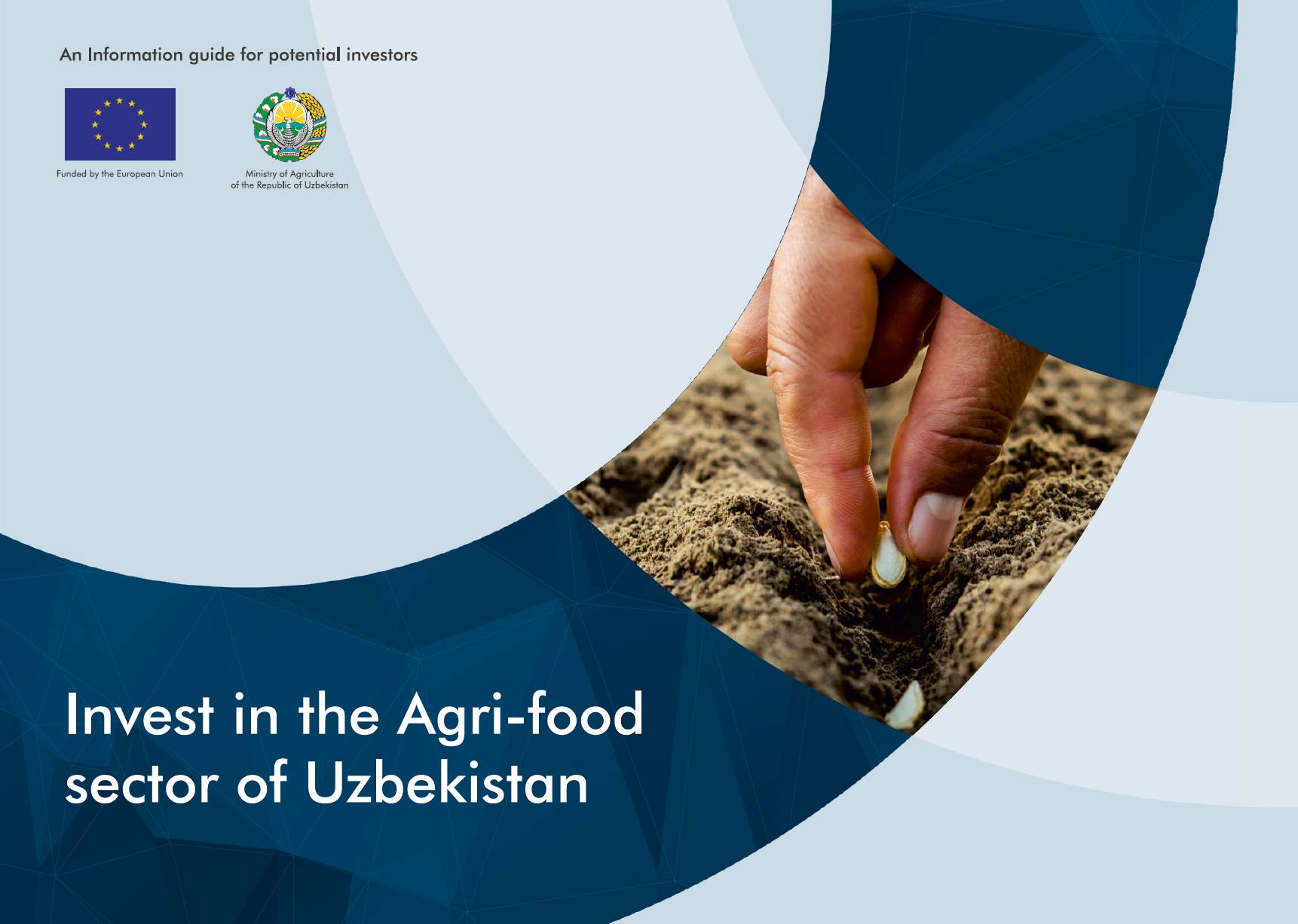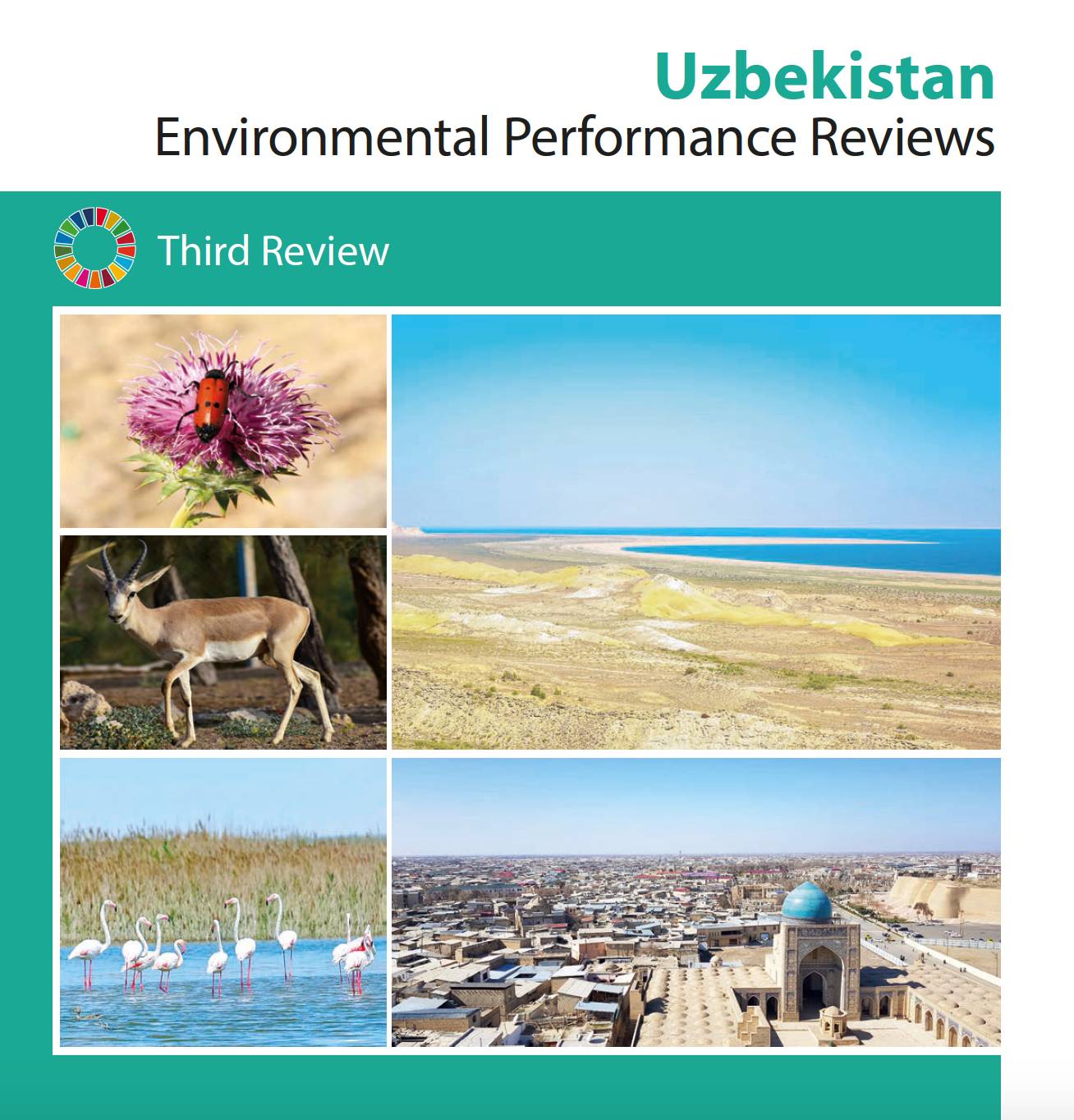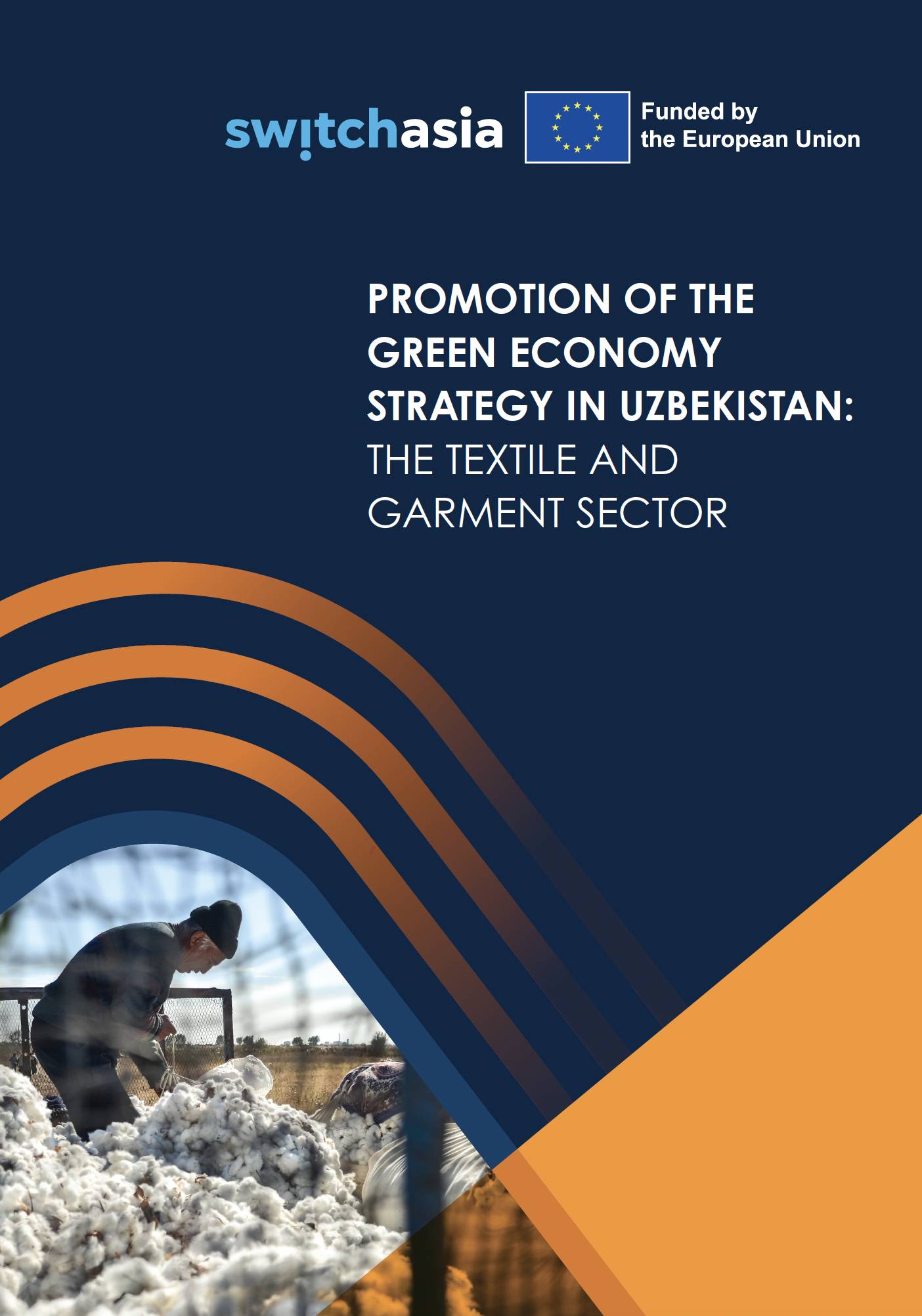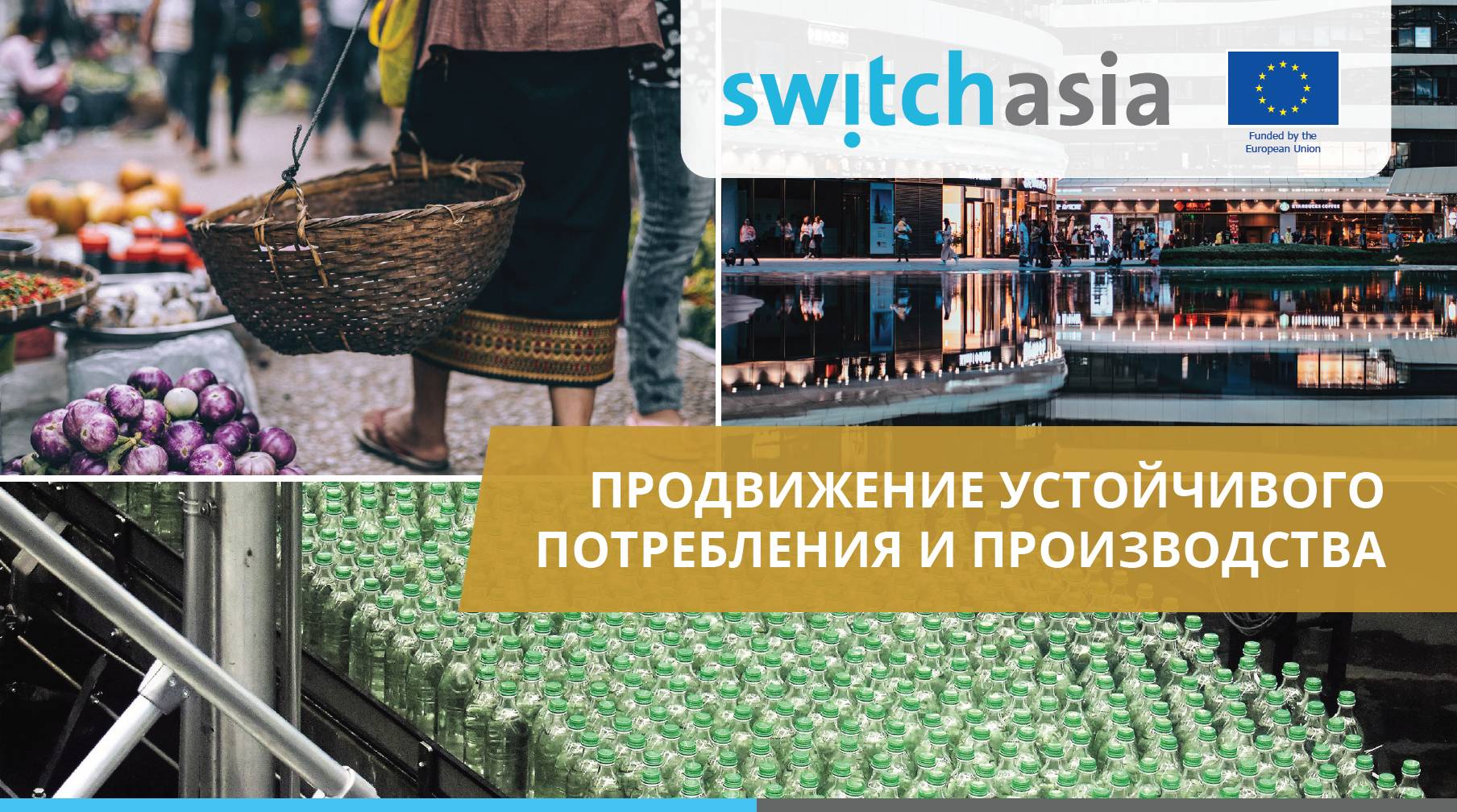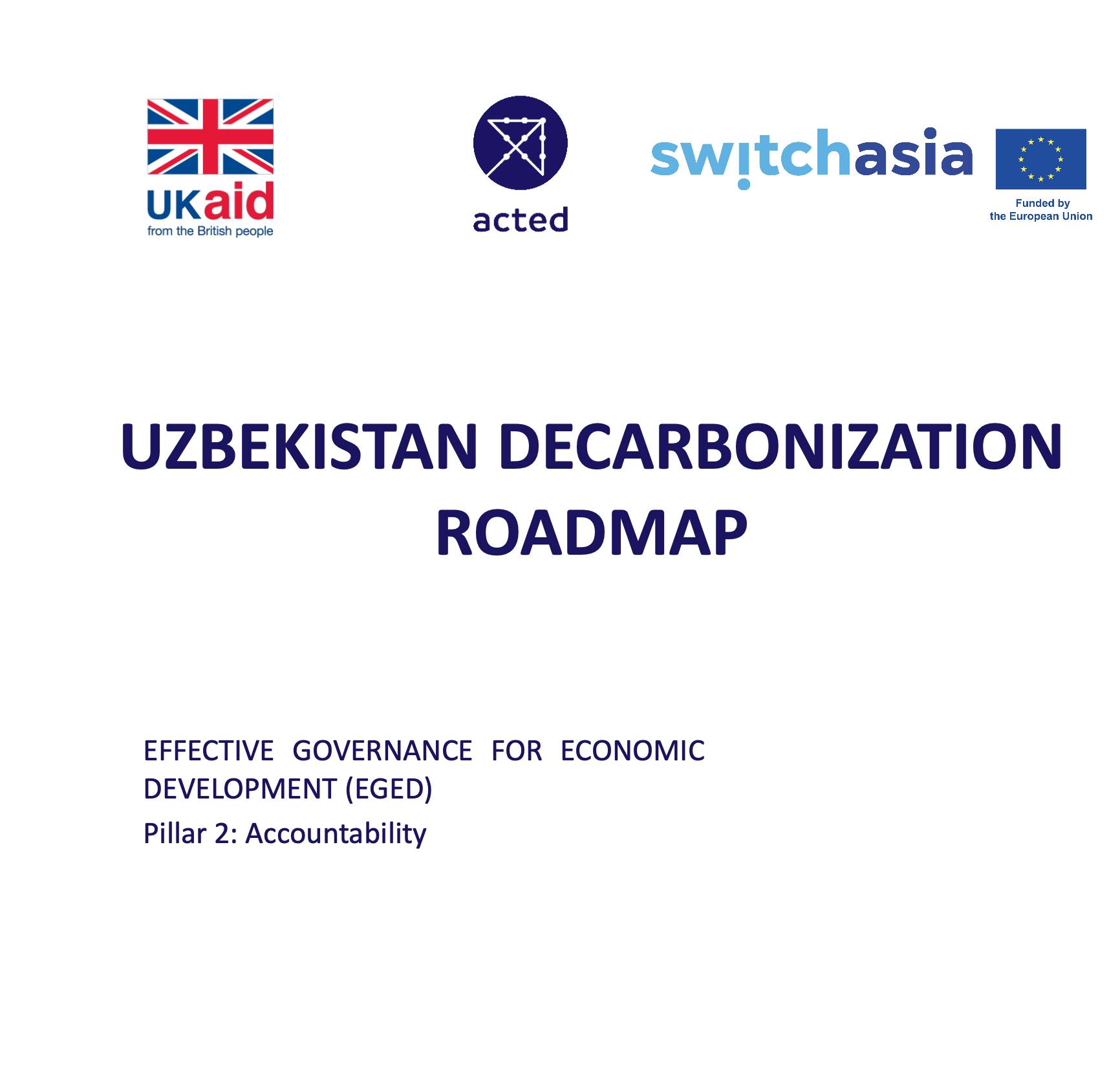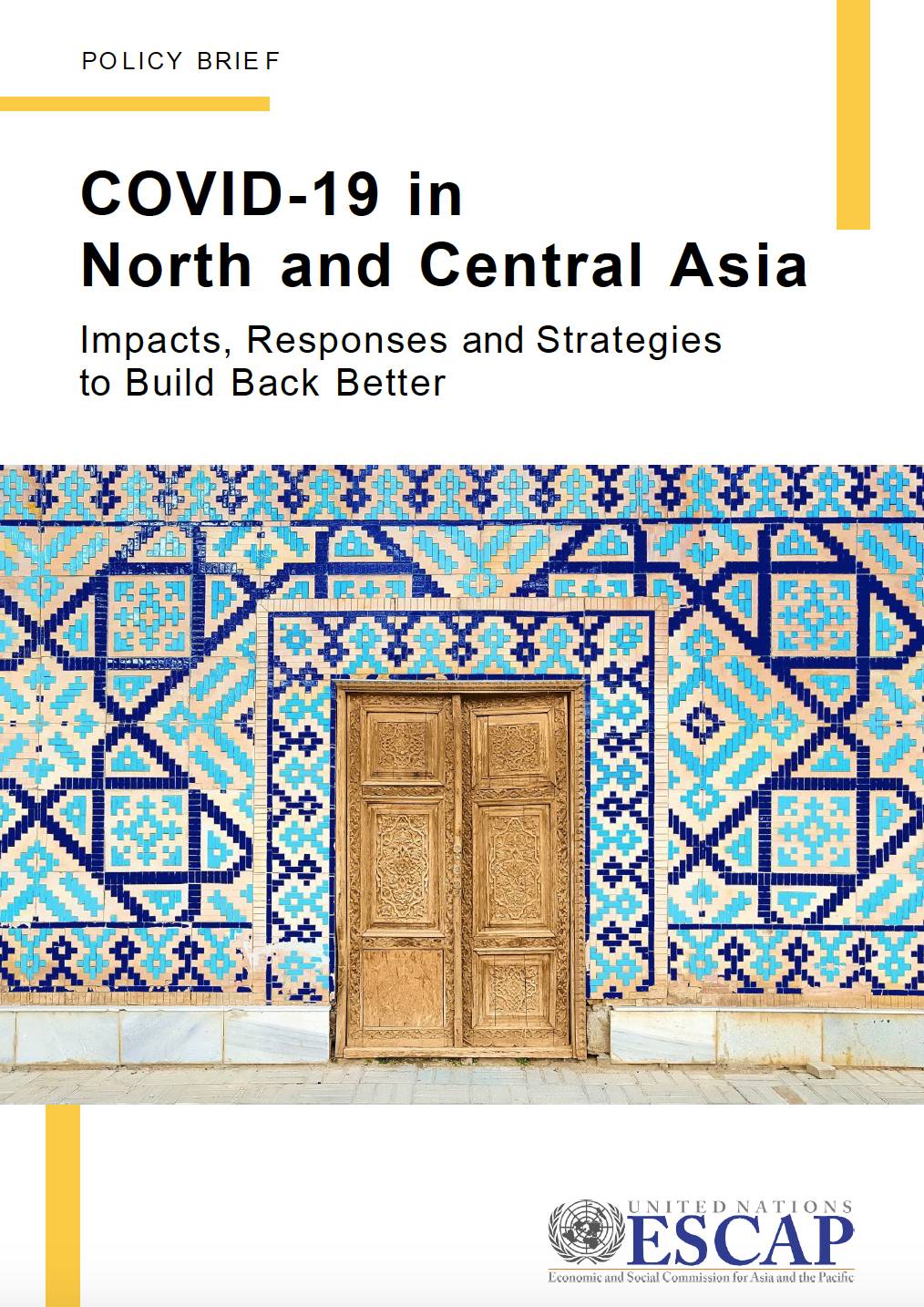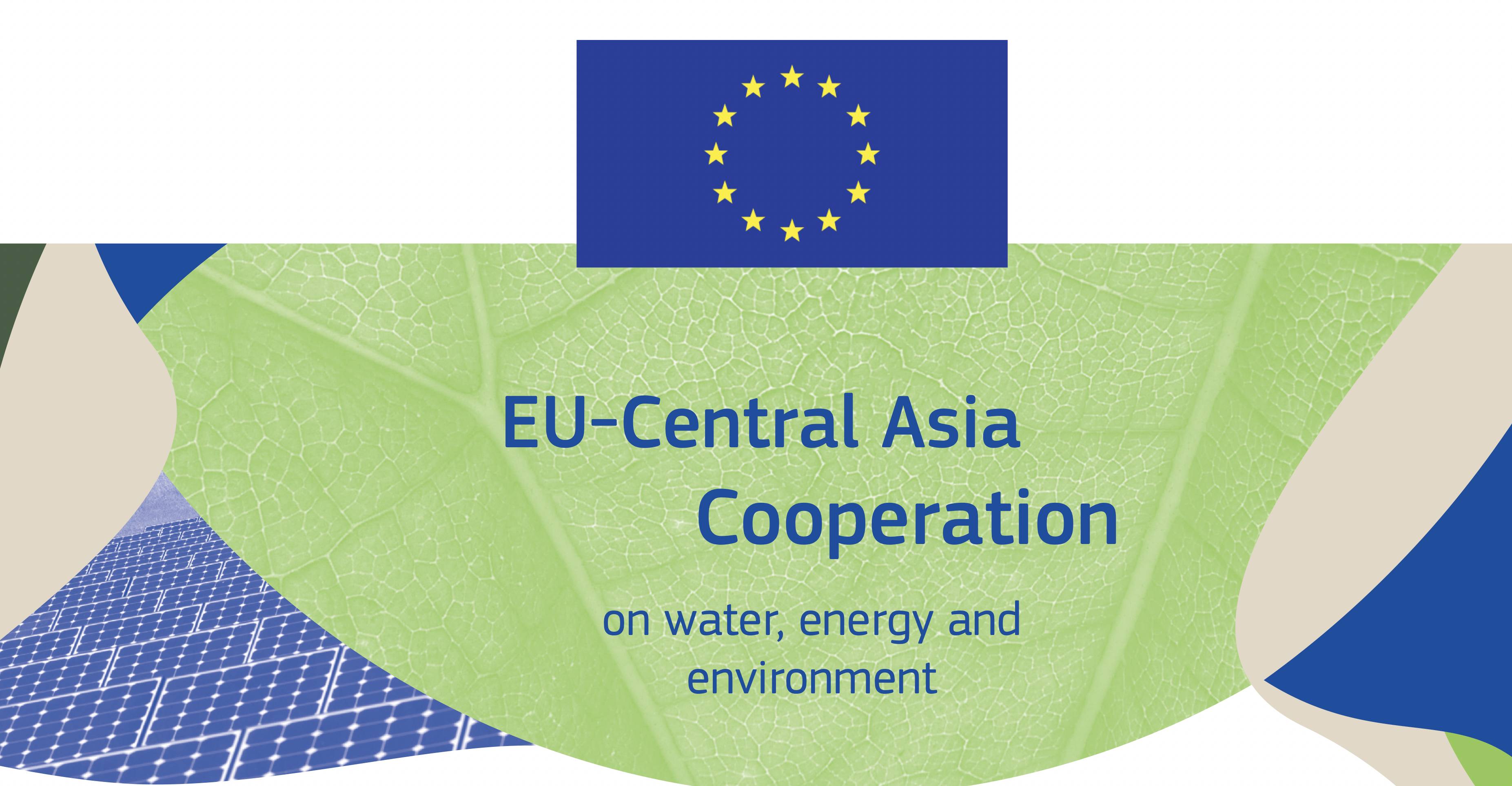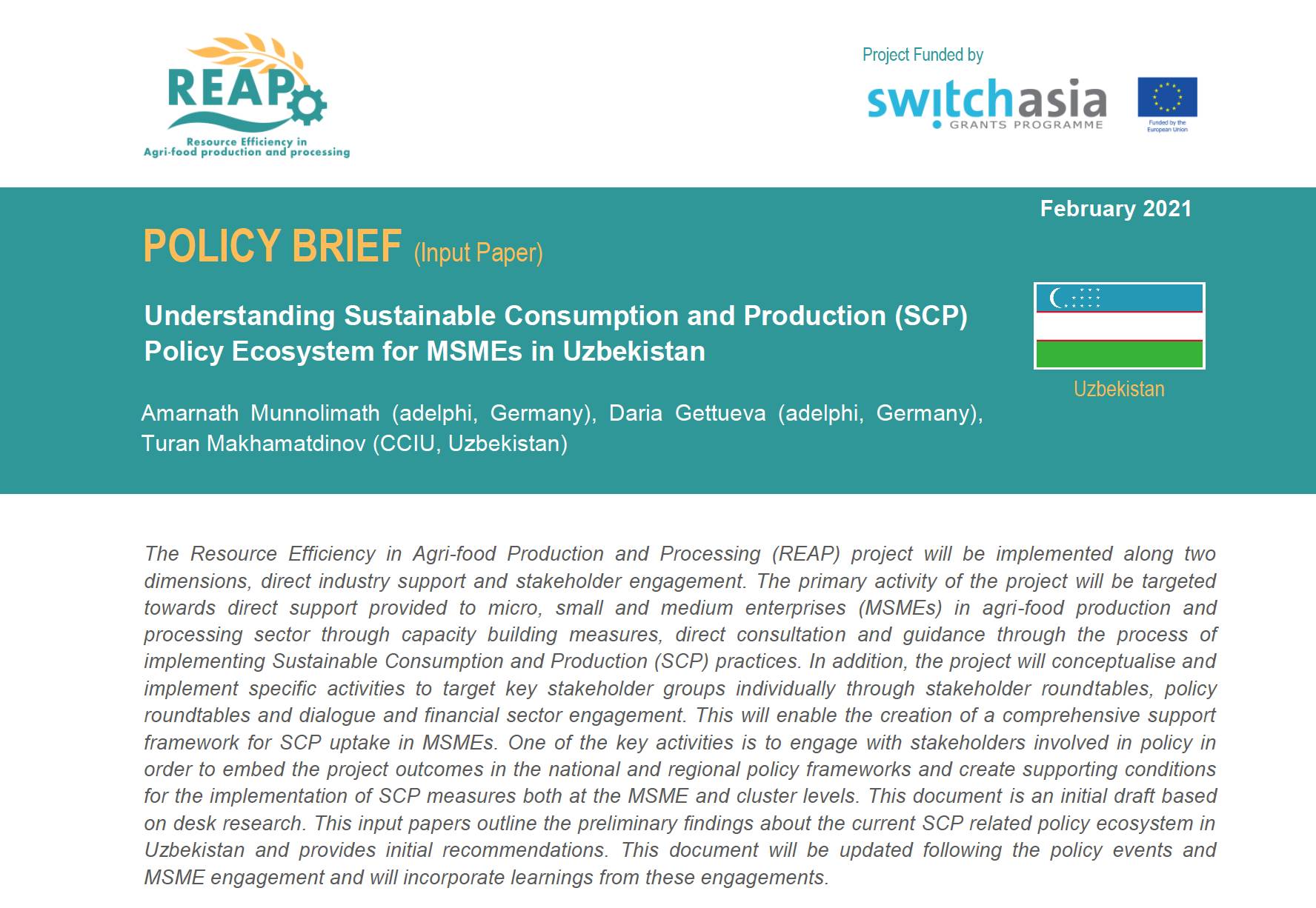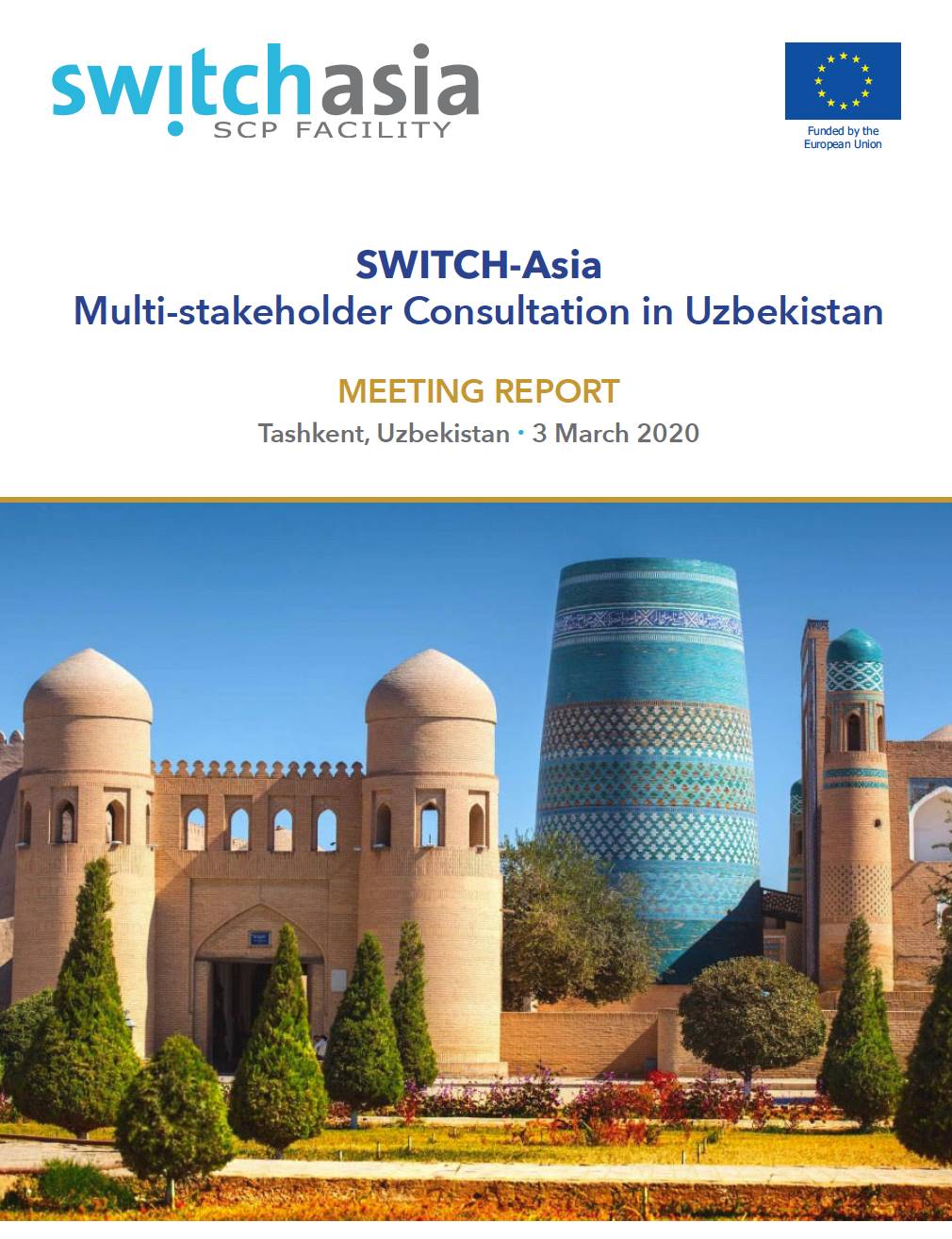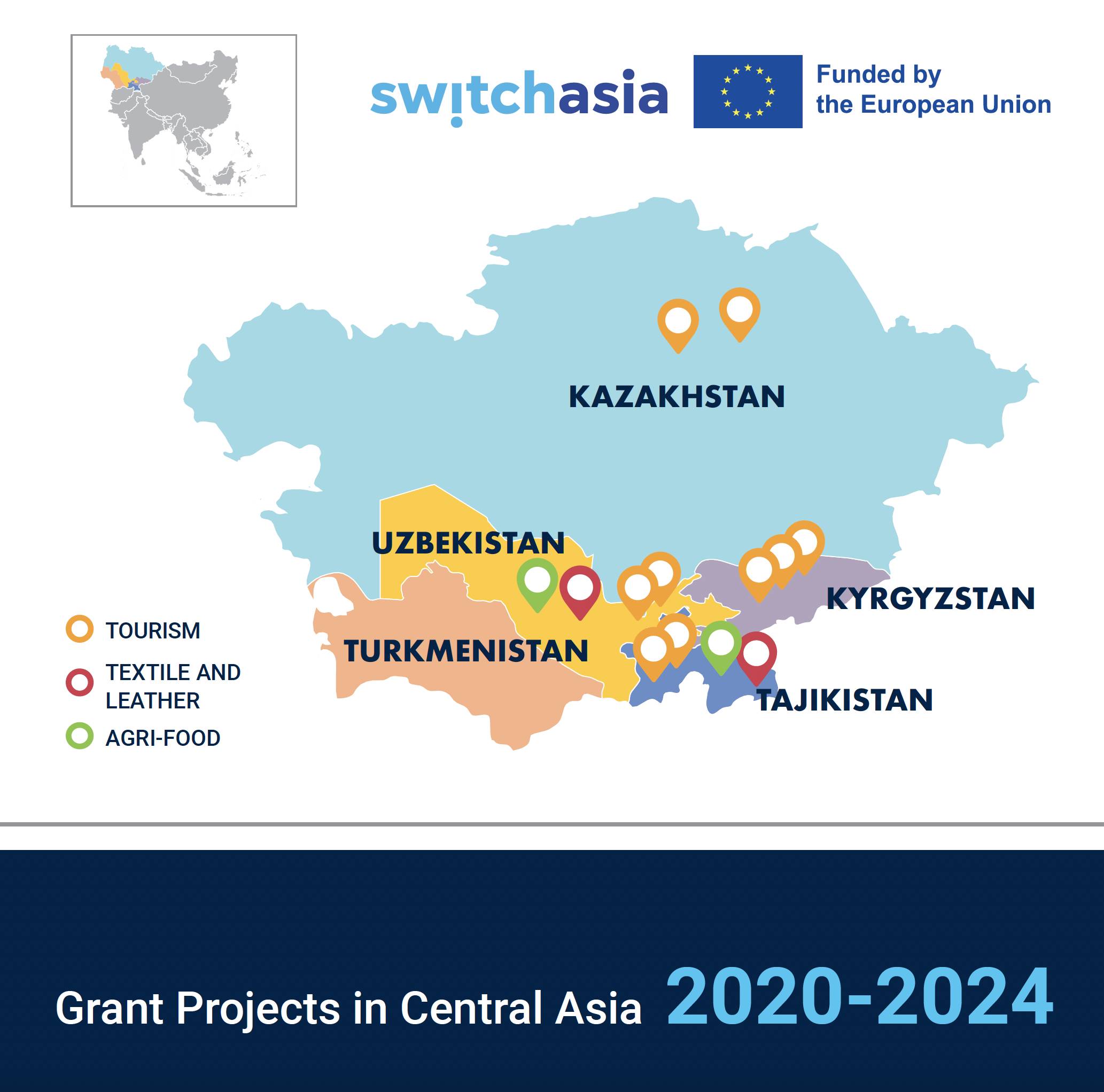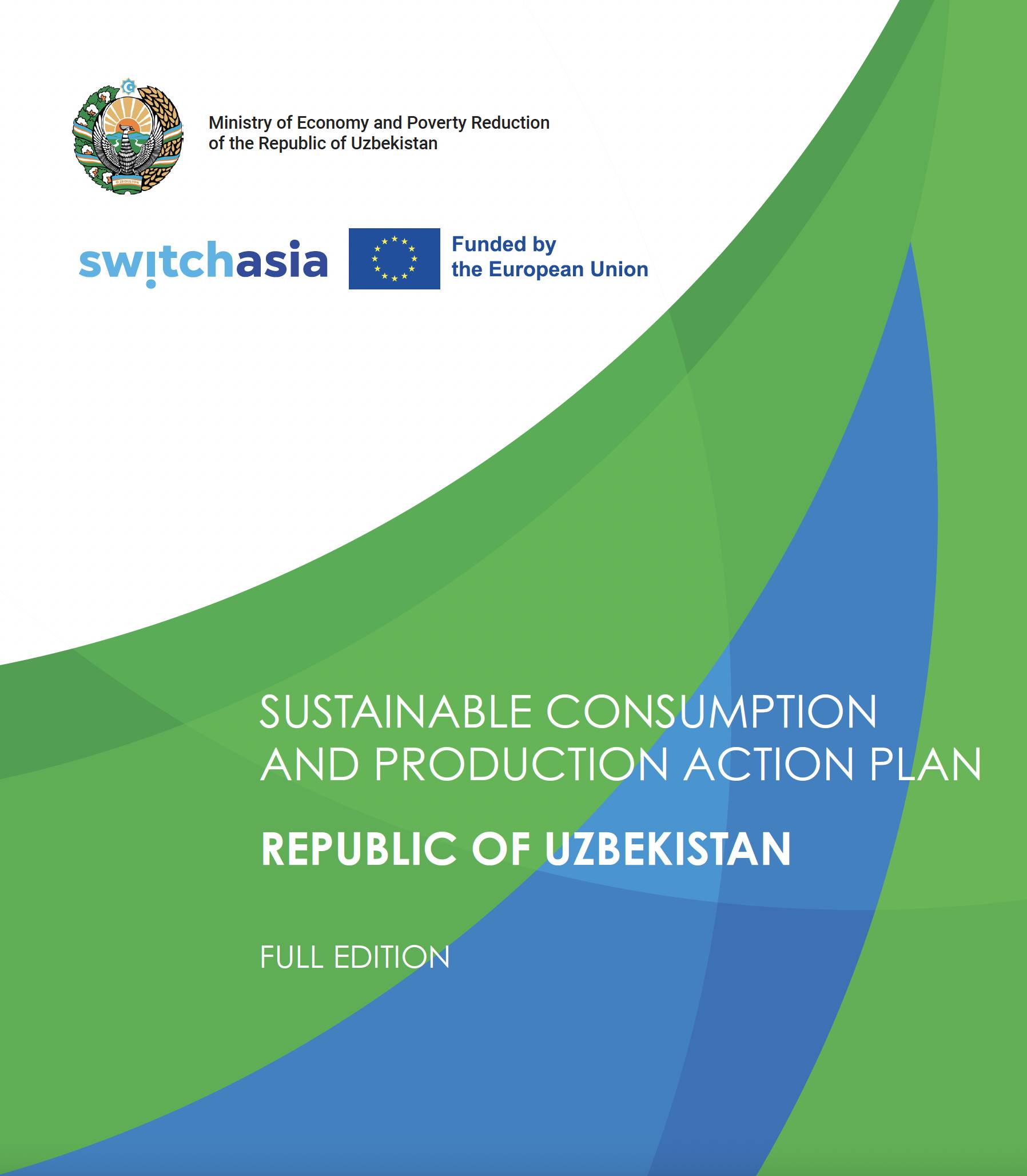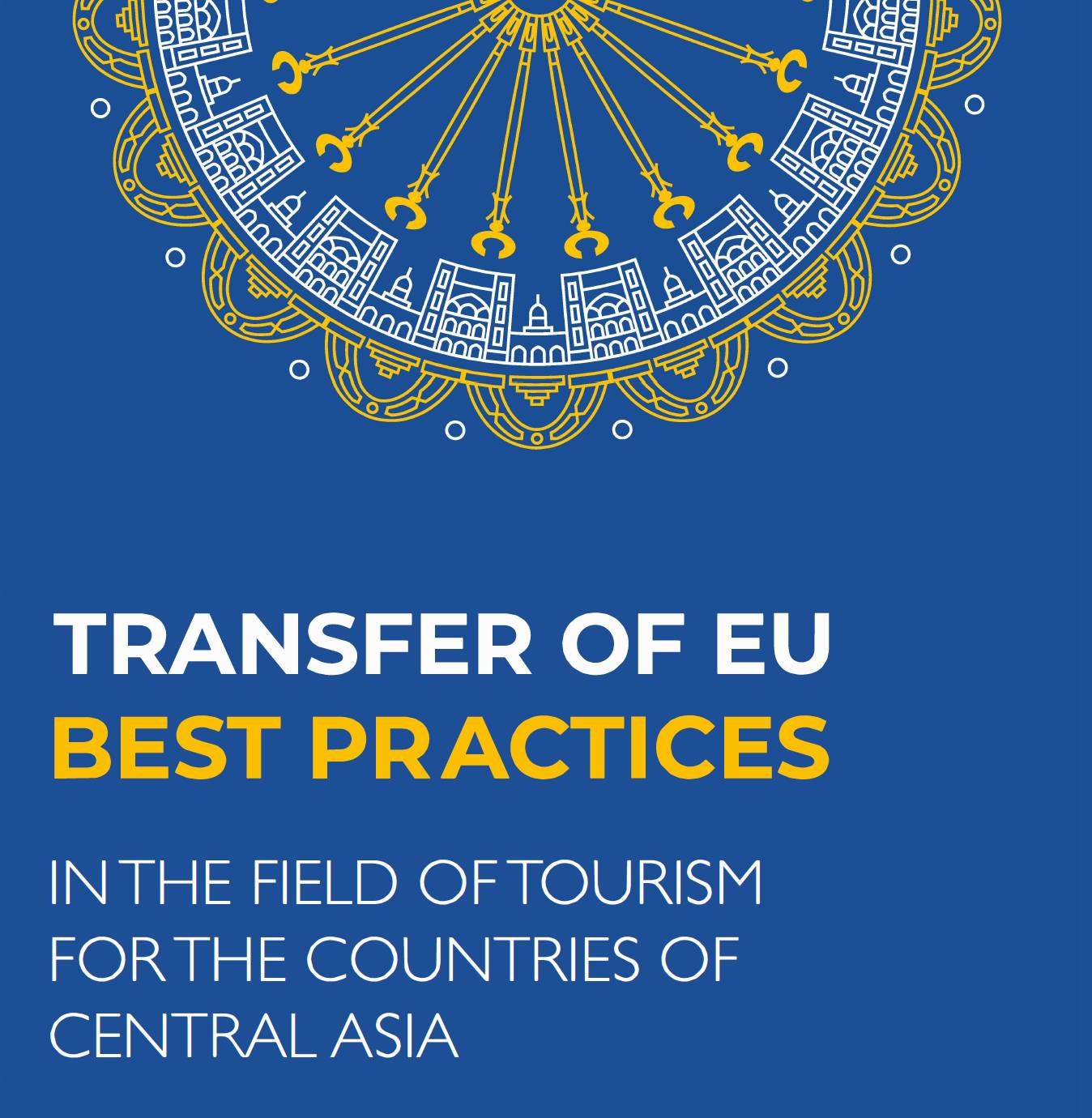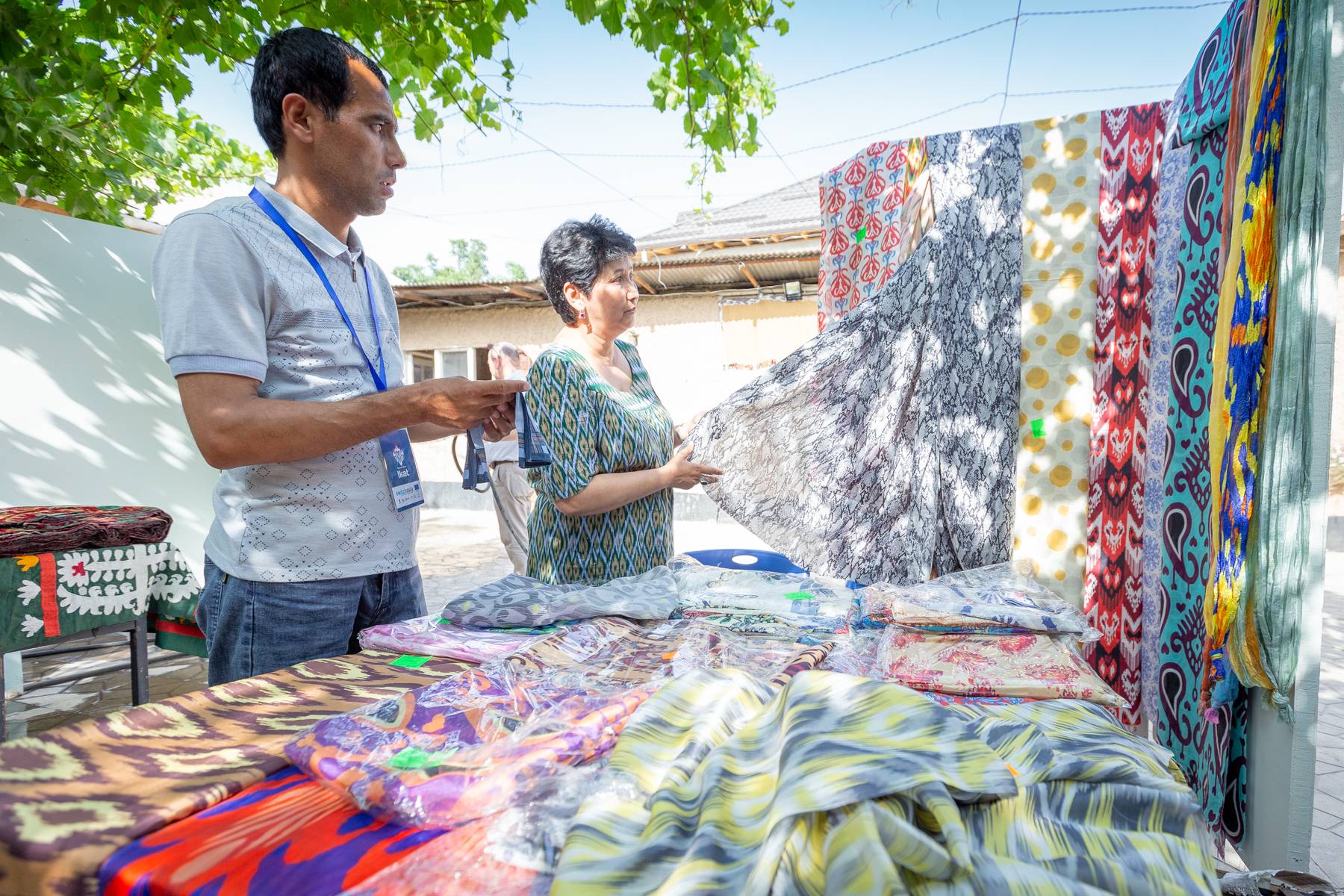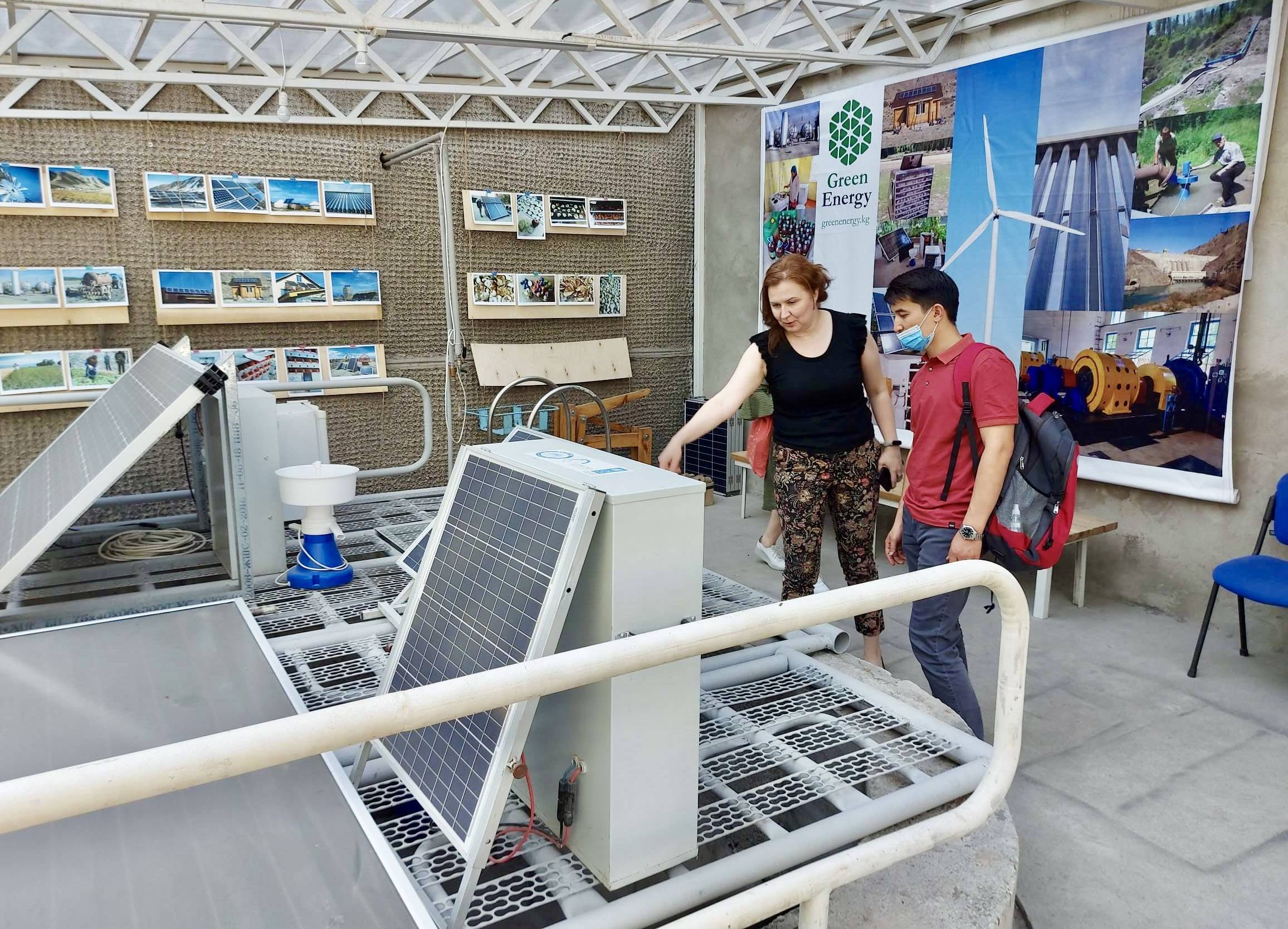
SCP Context
Overview of SCP in Central Asia
Countries in Central Asia are at different stages in terms of awareness raising and policies directed towards shifting to SCP. Most of SCP related activities have been conducted and implemented by UN Environment (UNEP) and the Secretariat of 10 Year Framework of Programs on SCP (10 YFP). The first regional meeting on SCP for Central Asian countries was organised by UNEP and the Secretariat of 10YFP in Almaty, Kazakhstan, in November 2015. During the Workshop, challenges and opportunities were discussed together with priority areas for the implementation of SCP policies and tools. Among the regional priorities, sustainable building and construction, sustainable public procurement and sustainable food systems were highlighted. Main regional challenges traced the link between poor management of water and energy resources and the significant impact this has on food supply and security, ecosystem services and biodiversity conservation. A second meeting for Central Asia and East European countries was held in Romania in 2016. Moreover, the Secretariat of 10YFP started a regional project on Sustainable Public Procurement for three Central Asia countries – Kazakhstan, Uzbekistan, Kyrgyzstan. Regional structures such as the Inter-state Commission on Sustainable Development (ICSD) and the Central Asia Regional Environmental Center (CAREC) play important roles in promoting SCP at regional and national levels, as well as providing the framework for capacity building to deliver needed changes. Among other organisations, the EU, UNDP, UNEP, UNIDO, UN ESCAP, ADB and the World Bank support activities related to SCP. In this context, the extension of the SWITCH-Asia programme to Central Asia will build on and scale up relevant actions through synergies and partnerships. EU SWITCH-Asia Launch Event in Central Asia was held on 5-th of July 2019 in Bishkek. This event was co-organised by the SWITCH-Asia SCP Facility, the European Commission, Directorate-General for International Cooperation and Development (DG DEVCO) and concerned European Union Delegations.
Uzbekistan National Context for SCP
In Uzbekistan, the national ministries covering SCP related issues are: the Ministry of Economy, Ministry of Energy, Ministry of Agriculture, Ministry of Water Resources, as well as the Commission on Energy Efficiency and Renewable Energy and the Committee for Nature Protection. Existing measures related to SCP include: national programs on alternative energy and energy efficiency; modernisation and diversification of production systems (2015-2019); promotion of clean technology; ecological certification (10 eco-standards developed, with another 9 underway, primarily in the food sector), industrial and municipal solid waste management (new sorting technologies), fisheries and ecotourism, as well as energy efficiency of social housing. Existing initiatives within the business sector include: roadmaps for mass introduction of resource and energy saving technologies in production processes; as well as the implementation of large-scale renewable energy projects. For SMEs, an open on-line platform for information sharing was established. Civil society has a framework on how to build partnerships with different organisations for specific initiatives.
Challenges
Low cost of energy resources (gas, electricity) and a lack of awareness among both businesses and consumers on the added value of SCP and energy saving measures. There is also a need to improve access to international best practices and improve the national legal framework for the promotion of SCP.
Priorities
Developing incentives to adopt clean technologies, eco-certification/ labelling and water efficiency. Agriculture is a growing sector and increased production will require greater attention to mitigate its socio-environmental impacts. An eco-tourism strategy is under consideration.
Recent Developments
The Coordinating Committee for the implementation of Sustainable Development Goals (SDGs) has been created and Uzbekistan has also ratified the Paris Agreement. The country has adopted the following:
- The National Policy on Environmental Protection (2019-2028);
- The Waste Management Strategy (2019- 2028);
- The Law on Renewable Energy (April 2019) andtarget parameters for further development of renewable energy sources (with increasing proportion of renewable energy in total generation to 25% by 2030);
- The roadmap for “Basic structural reforms for the period 2019-2021” (which includes fiscal and tax reform, land using, digitalisation, entrepreneurship, and energy efficiency);
- A new document for the implementation of voluntary eco-labelling in the production sector (February 2019), as well as the transition to international standards connected with expanding the export of local products.
- Five priority directions have been identified by the country: climate change mitigation and increasing energy efficiency in industry, adaptation to climate change, development of renewable energy, implementation of green technology. Drafts of the strategy to transition to a green economy and the implementation plan are undergoing approval. The Ministry of Economy and Industry is the responsible institution. Main goal is to mainstream green economy principles into Uzbekistan’s structural reforms. Main target: increase the percentage of renewable energy to 19,7% till 2025. The State Committee for Tourism Development has also come up with a draft strategy for the development of tourism in Uzbekistan through 2030.
- Resolution of the Cabinet of Ministers of the Republic of Uzbekistan No. 397 dated 22.06.2020 on additional measures for the development of cotton and textile production (Buttermilk -tukimachilik ishlab chikarishni yanada rivozhlantirish tugrisida).
- Resolution of the President of the Republic of Uzbekistan No. PP-4477 dated 04.10.2019 on the approval of the Strategy for the transition to a "Green" economy for the period 2019-2030.
- Resolution of the President of the Republic of Uzbekistan No. PP-4422 dated 22.08.2019 on accelerated measures to improve the energy efficiency of economic and social sectors, the introduction of energy-saving technologies and the development of renewable energy sources.
- Presidential Decree No. UP-14 of 16.11.2021 on measures to regulate the activities of cotton and textile clusters.
- Presidential Decree No. UP-5989 dated 05.05.2020 on urgent measures to support the textile and clothing and knitting industry.
- Resolution of the President of the Republic of Uzbekistan No. PP-308 dated 07.07.2022 on additional organizational measures to increase the yield of cotton, the introduction of science and innovation in the cultivation of cotton.
- Law of the Republic of Uzbekistan No. ZRU-784 of 22.07.2022 on drinking water supply and drainage of juicy waters.
- Resolution of the President of the Republic of Uzbekistan No. PP-4919 dated 11.12.08.2020 on measures to further accelerate the organization of the introduction of water-saving technologies in agriculture.
Preliminary Needs Assessment
Assist and enable concerned stakeholders, government, private sector and civil society in designing and implementing specific activities to shift towards SCP, both at the policy level and in selected sectors.


